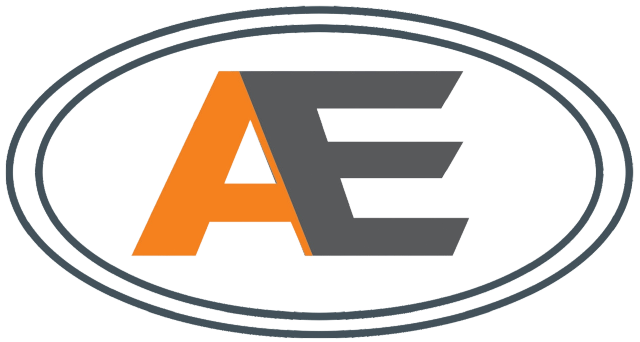Maintenance Matters: Enhancing Reliability and Productivity in Engineering Operations
Maintenance is a crucial aspect of engineering operations that directly impacts reliability, productivity, and operational efficiency. By implementing effective maintenance strategies, organizations can optimize equipment performance, reduce downtime, and enhance the overall reliability of...


